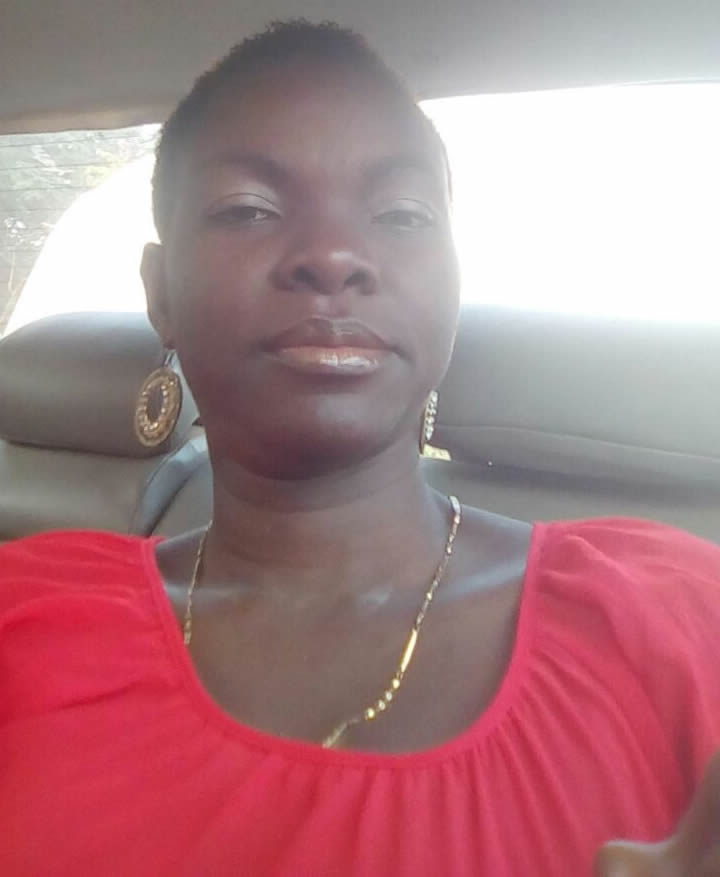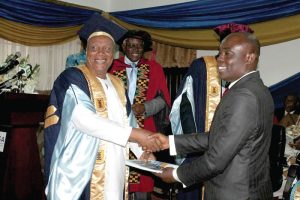My little girl returned from school with the message that they had been asked to get books for their school’s Literacy Week programme. I saw her eyes light up as she gave me the “good news”.
This was not the first time she had come home with such information. Indeed, it’s been a policy of her school to have yearly Literacy Week for about three years running. During that week, all pupils are required to purchase prescribed novels and read them. Parents and guardians play the critical role of providing monetary support to their children for such a significant event on the school’s calendar.
Admittedly, as a parent, although I get the children relevant reading materials, including novels from-time-to-time and encourage them to read, I ‘ve realised their interest to read soars anytime they have this event at school. And oh!There is enough motivation for that: quizzes are organized for them based on the texts they read and best performers in the quizzes generously rewarded.
We often hear of the benefits of reading. The school obviously had this in mind when instituting this event. It is said that a reading nation is a winning nation. We have also heard of insinuations cast at black people as people who do not seek information which is embedded in the popular saying “if you want to hide something from the black person, put it in a book” or “if you want to hide something from a black person, write it down”.
But we all know for a fact that we cannot achieve knowledge for our growth as individuals and as a nation if we don’t seek knowledge. Where can knowledge be found? In books! Undeniably, all that we are taught by our teachers or lecturers in school and even at church can be found in books! So, are we reading enough? Or, perhaps, the question should read: “why are we not reading?”
Ghana is 60 years this year. My little drop in the ocean of celebrations at this stage our lives as a nation (by way of ideas) is that WE MUST READ. We grumble over standards falling in our education system. Yes, they may have. Students are performing poorly in their exams and not functioning as we expect them to in their workplaces after school. We see students writing poorly and the most likely genesis of this state of affairs is that they do not read. Obviously if they make time for their books they will perform better in exercises, likewise, if they read good books, it will impact on how they construct sentences.
The benefits of reading are countless. It helps one learn more about the world, serves as inspiration, entertains and develops one’s minds.Charles William Eliot, an American academic and the longest serving President of Harvard University,having served fora record-setting forty (40) years (1869-1909), once said: “books are the quietest and most constant of friends; they are the most accessible and wisest of counsellors, and the most patient of teachers”. Books help develop the mind. And when the mind is developed nobody can take it away. Developed minds will consequently build strong nations.
The fact is, there are opportunities all around us to read to develop our minds positively but that is often wasted. Students are spending more time on video games, social media and watching television serials than reading. As far back as 2011 a study conducted by Pew Internet and American Life Project corroborated this as teens spent more than seven and a half (7 1/2) hours a day on media consumption. Observably, statistics will be way higher in current times.Irrefutably, there have been talks about technology playing a role in all of this; but I must say the technology we blame so much has all that we could have in a positive way as well. It is up to us to sift content we have at our disposal to make it positively shape us.
We all have a role to play to reshape this generation and beyond. In order for us to perform our roles as citizens and hold our leaders accountable, we need to read. As an employee you need to read about employee rights and responsibilities usually found in the employee manual or conditions of service; allachieversread terms of reference for tasked assigned to you, emails, and notices.
Employers, read what your staff are saying in the suggestion box, read departmental reports and query them, read about how your company and others are faring in the competitive market. Students must read students’ handbook, instructions for completing assignments and examination questions. That is how we hold each other accountable and also be responsible citizens. We can hold our leaders or authorities in schools, churches private and public institutions accountable if we read to know our rights. If we are ignorant about critical issues of our time, we will be taken for granted.
We have heard of how many achievers of our time and of old have ever been or are keen read all achievers partly attribute their successes to reading. A recentNew York Times article talked about how reading books helped former US President, Barrack Obama, get over the “chaos” of information overload in contemporary times with the susceptibility of rendering one unpleasantly partisan and having “knee jerk reactions”. Not to talk of how books provided companionship, assisted in making him discover who he was and what he even thought about as young Obama.
Clearly, books provide worthy informationand by extension help one make positive choices and be more responsible. In that York Timesarticle, the writer, further, alluded to President Lincoln as one US president whose life, convictions and outlook on the world were profoundly shaped by reading.
How can I forget one of the great men who lived on the soil of Africa, Nelson Rolihlahla Mandela? Nelson Mandela studied for his LLB degree by correspondence during the most trying times of his life, by all accounts. How could he have been fruitful with that were he not an ardent reader? Not to talk of our own current president, Nana AddoDankwaAkufo-Addo who in a MultiTV/JoyNewsdocumentary was said to have read almost any and everything during his childhood. It is obvious books have been indispensable part of the president’sgeneral orientationto life, his convictions and personal advancement.
I cannot finish writing this piece without talking about a lady that, through technology, I have been able to strike a relationship with. This lady is an avid reader and is a real source of motivation to many who read her write ups on Facebook. The fruits of reading is evident in her writings as she is able to convey so much knowledge to her readers. She recently put up a post on Facebook that swept me off my feet and I had to tell my little ones about it as a way of making them know how enlightened they could be even without, necessarily, traveling around the world.
She said: “Imagine this: simply by reading, we are able to spend hours, days and even a lifetime with powerful men; men and women we may never get a chance to meet in reality, but who already took time to pour out their rich knowledge and experiences in simple and usually cheap books…I still can’t find any other way to spice up and improve a life better than reading…”
Spot-on, without a doubt. SenamFiagbenya is a true inspiration to many just by reading and writingand conveying that to the rest of the world through social media. The wealth of knowledge we can accumulate and possibly pass on as we read is immeasurable. The positive impact of reading is immense. Let’s all get aboard the reading train, acquire some knowledge and make an impact in our time.I suggestparents invest in their home libraries while making sure they spare some time to be involved in the reading activity.We can, as well, set a day or two aside for communal family reading. Let’s all pledge to be reading ambassadors in our little corners.And for that, I give my pledge.
******************************************************
Theodora Dame Adjin-Tettey. The author is a Lecturer at the Faculty of of Information and Technology and Communications Studies, UPSA.



